 Timothy Morton is Rita Shea Guffey Chair in English at Rice University in Houston, Tex. They have collaborated with Laurie Anderson, Björk, Jennifer Walshe, Hrafnhildur Arnadottir, Sabrina Scott, Adam McKay, Olafur Eliasson, Pharrell Williams and Justin Guariglia. Morton co-wrote and appears in Living in the Future's Past, a 2018 film about global warming, with Jeff Bridges. They are the author of the libretto for the opera Time Time Time by Jennifer Walshe.
Timothy Morton is Rita Shea Guffey Chair in English at Rice University in Houston, Tex. They have collaborated with Laurie Anderson, Björk, Jennifer Walshe, Hrafnhildur Arnadottir, Sabrina Scott, Adam McKay, Olafur Eliasson, Pharrell Williams and Justin Guariglia. Morton co-wrote and appears in Living in the Future's Past, a 2018 film about global warming, with Jeff Bridges. They are the author of the libretto for the opera Time Time Time by Jennifer Walshe.
Morton has written numerous books and essays on philosophy, ecology, literature, music, art, architecture, design and food. In 2014, they gave the Wellek Lectures in Theory. Morton's new book is Spacecraft (Bloomsbury, September 23, 2021), an intergalactic journey through science fiction and speculative philosophy, revealing real-world political and ecological lessons along the way.
On your nightstand now:
Richard Prum, The Evolution of Beauty: How Darwin's Forgotten Theory of Mate Choice Shapes the Animal World--and Us.
I'm not sure whether even the author knows how important this book is. One: beauty is hardwired into lifeforms, all the way down at least to beetles.
Two: 90% of the world around you, the flowers, the birds, the trees, are made out of female desire without a goal.
Three: This means that the appearance of the world is made out of queer desire.
I've been arguing this for a while just using the funny thoughts in my head. But this is actually proving it, using logic.
Favorite book when you were a child:
Frank Dickens and Ralph Steadman, Fly Away Peter.
A giraffe with a short neck and a bird who can't fly become friends and help each other. You can cry now.
We are all broken. To exist is to be broken. To be a lifeform is to be broken. To think is to be broken. We are one great big malfunction, and so is the rest of the universe. The quicker we can get over ourselves and feel some solidarity with all the other broken beings, the better.
An eye is always an artificial eye. Legs are always prosthetic legs. Your voice is always a synthesized voice.
If you write or type or pick up a phone, you are using a prosthetic device. You are never whole. Whole is a fake concept. So is natural. Nothing in the biosphere is natural.
Your top five authors:
Virginia Woolf, Jane Austen, Charlotte Smith, Samuel Taylor Coleridge, Jacques Derrida.
I tend not to like "authors." I tend to like riffs, phrases, paragraphs, arguments, images.
But Austen and Woolf are the greatest realists of all time, and Austen invented realism. Smith invented goth. Derrida is... Derrida.
Austen, next to Shakespeare, right next, I feel. With a very, very simple technique, which I can teach you if you have about 15 minutes to spare, she siphons off some of your inner space and causes you to poof her characters into 3D. It's called realism, which has nothing to do with detailed descriptions of things in grocery stores. Realism has to do with the feeling of real. That's what Austen is about.
And she's about terrible, agonizing pain. She's not about people holding bone china cups with their little fingers poking out and doing embroidery. She's about women who can't have their own money until they marry, and they are in the lower gentry, so if they do a day of work, they're finished. Outcast. Austen is about patriarchy and class precarity. She's about sexual predators and terrible abuse.
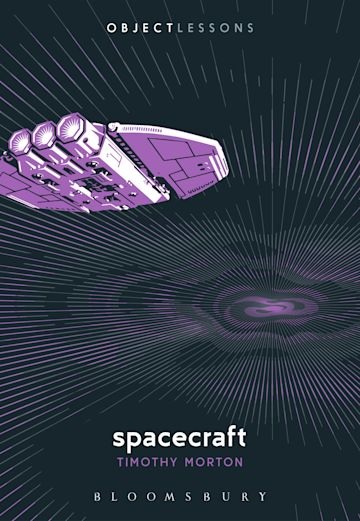 She's about the inner kung fu. Ang Lee was right to direct Sense and Sensibility. In Austen's world, extreme violence can break out at any moment.
She's about the inner kung fu. Ang Lee was right to direct Sense and Sensibility. In Austen's world, extreme violence can break out at any moment.
And since everyone knows the rules, you know when Elizabeth Bennet is telling awful people to go fuck themselves and never come back, and you know that the awful people know, too. And that there's not a thing they can do about it.
And she's definitely a Romantic author. Not just a romantic one, but a Romantic one, with a capital R. She's about the way your inner space transcends your social role. Mr. Darcy is super rich but he's also a messed-up, uptight guy who doesn't know how to tell anyone what he's really feeling.
Jane Austen makes me cry.
Virginia Woolf also. She doesn't just put you inside someone's head, she puts you inside lots of people's heads, all at once. And those people can include birds and furniture. I'm pretty much an animist, or a pantheist or whatever you want to call it. Woolf is the sound things make inside my head.
Listen to "Pictures of You" by the Cure while reading Charlotte Smith's Elegiac Sonnets, a collection of 108 poems that kickstarted the Romantic period. You'll see. That bass line, it keeps rocking back and forth in place, and so do Smith's sonnets. Sonnets usually mime thinking and thinking is about going from A to not-A. But Smith just stays on A. A is pain and grief and sorrow. It's the only place to be. It's beautiful down here.
And that goth feeling, that's also the science feeling, that feeling of weird and strange yet beautiful yet a little bit disgusting and painful yet beautiful yet strange. And that's The Rime of the Ancient Mariner (Coleridge). It's the science feeling, without needing to pay for a degree or differentiate with respect to x. Scientists should ditch the jeans and sneakers and come to work in thick black eyeliner. I'm serious.
My career has pretty much been about trying to help people feel like scientists. I think it could really benefit the biosphere.
Book you've faked reading:
I haven't. Cross my heart and hope to burst into flame in a terrible global warming incident.
Books you're an evangelist for:
The Descent of Man, Charles Darwin
Paradise Lost, John Milton
Carefree Dignity, Tsoknyi Rinpoche
Mrs. Dalloway, Virginia Woolf
Tsoknyi Rinpoche is my meditation teacher. Darwin's book destroys biological racism totally. Milton shows you how to make revolutionary art and Woolf, see above.
Book you've bought for the cover:
Life on Earth, David Attenborough. It's that frog. I love that frog.
Book you hid from your parents:
Ulysses, James Joyce. Too sexy and kinky and amazing for them.
Book that changed your life:
Zen Mind, Beginner's Mind, Shunryu Suzuki. Would've had a bigger nervous breakdown at age 17 without it.
Favorite line from a book:
"The heaventree of stars, hung with humid, nightblue fruit" --James Joyce, Ulysses.
Two books you'll never part with:
UNESCO, SOS: Save the Earth
Beatrix Potter, The Tale of Mr. Jeremy Fisher
That UNESCO book is from 1972 and it's everything we know now, but in 1972.
Jeremy Fisher, I took that book everywhere. I love the liminal quality of the house full of water.
Book you most want to read again for the first time:
Carl Jung and Wolfgang Pauli, Synchronicity.
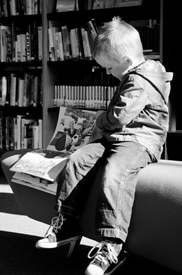 "Good children's literature is a serious business. Not serious as in boring or 'improving,' but serious in attention and ambition, serious about beauty and wonder, about engaging the brain but also the heart, about sadness and difficulty, but also about silliness and joy. Above all, it is serious about the legitimacy of a child's world--which is a world away from being child-ish....
"Good children's literature is a serious business. Not serious as in boring or 'improving,' but serious in attention and ambition, serious about beauty and wonder, about engaging the brain but also the heart, about sadness and difficulty, but also about silliness and joy. Above all, it is serious about the legitimacy of a child's world--which is a world away from being child-ish.... 






SHELFAWARENESS.1222.T1.BESTADSWEBINAR.gif)

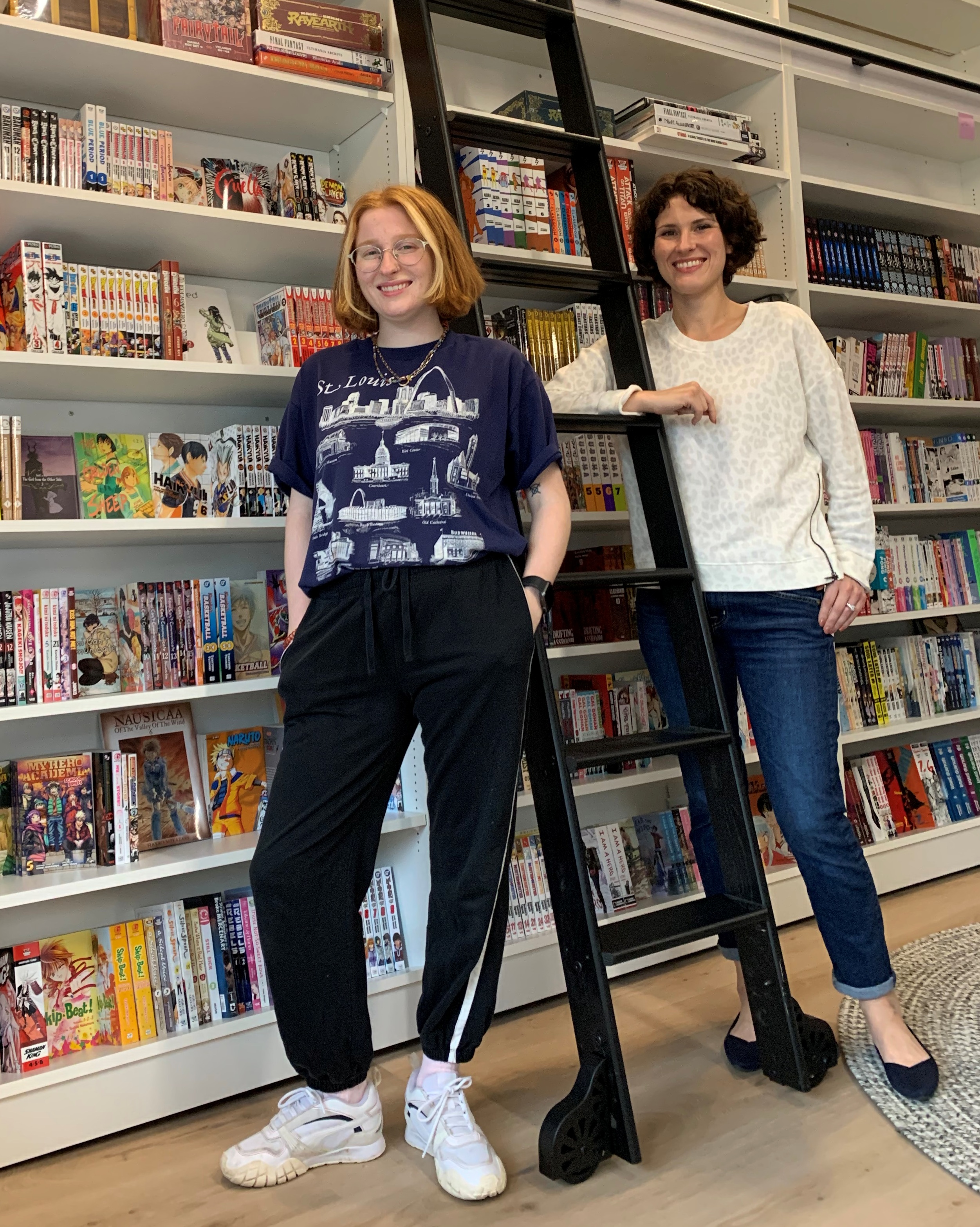
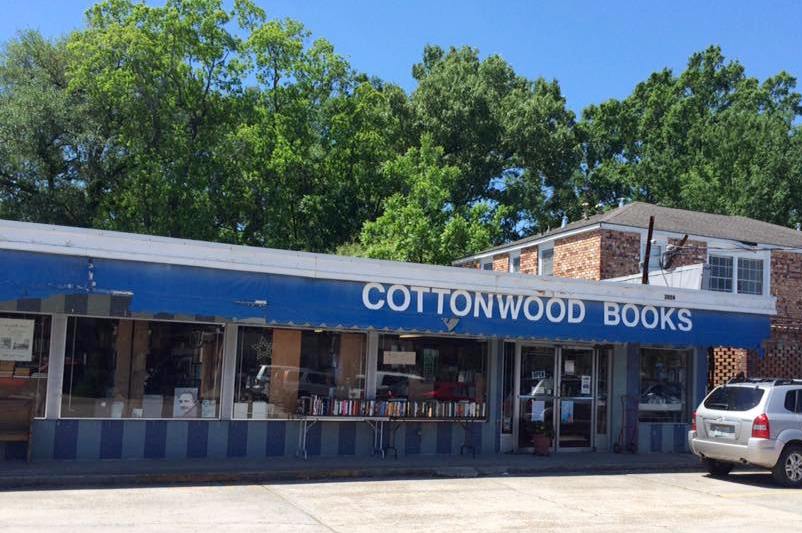 Danny Plaisance, the longtime owner of
Danny Plaisance, the longtime owner of 
 During the
During the 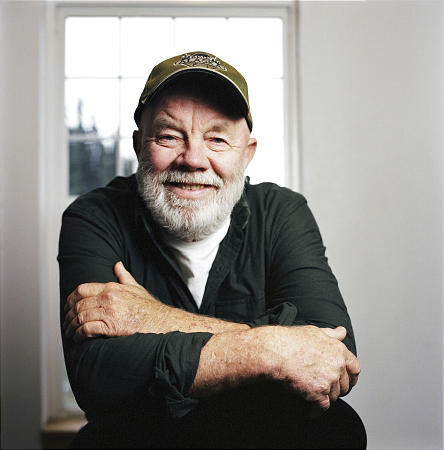
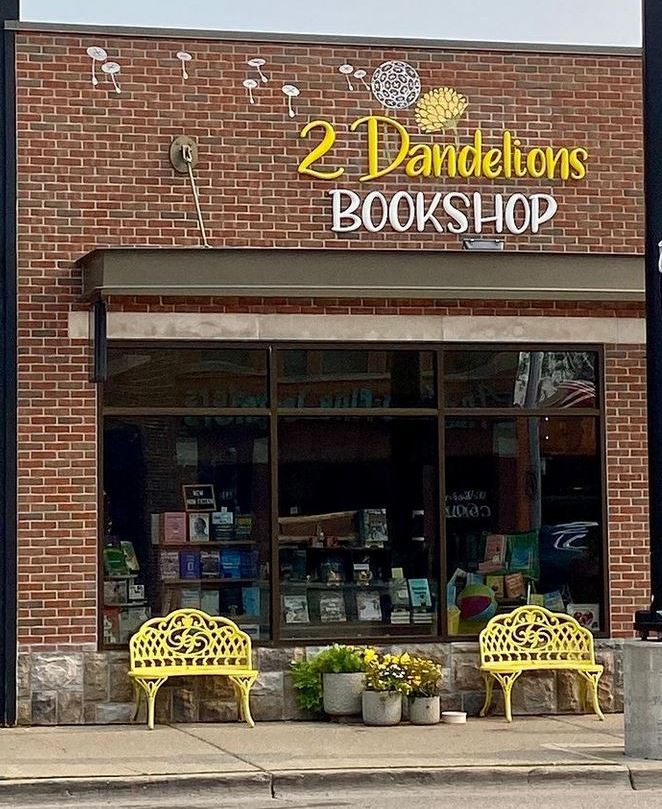 Posted on Facebook yesterday by
Posted on Facebook yesterday by  "This week's reminder....,"
"This week's reminder....," 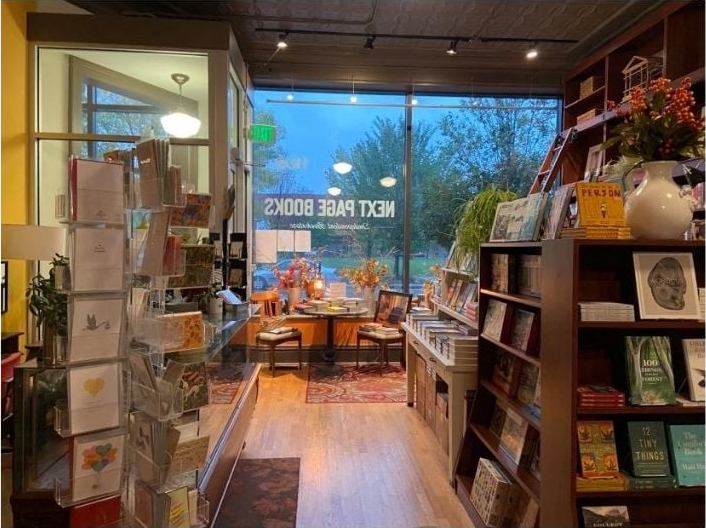 "It may be pouring outside but we're
"It may be pouring outside but we're 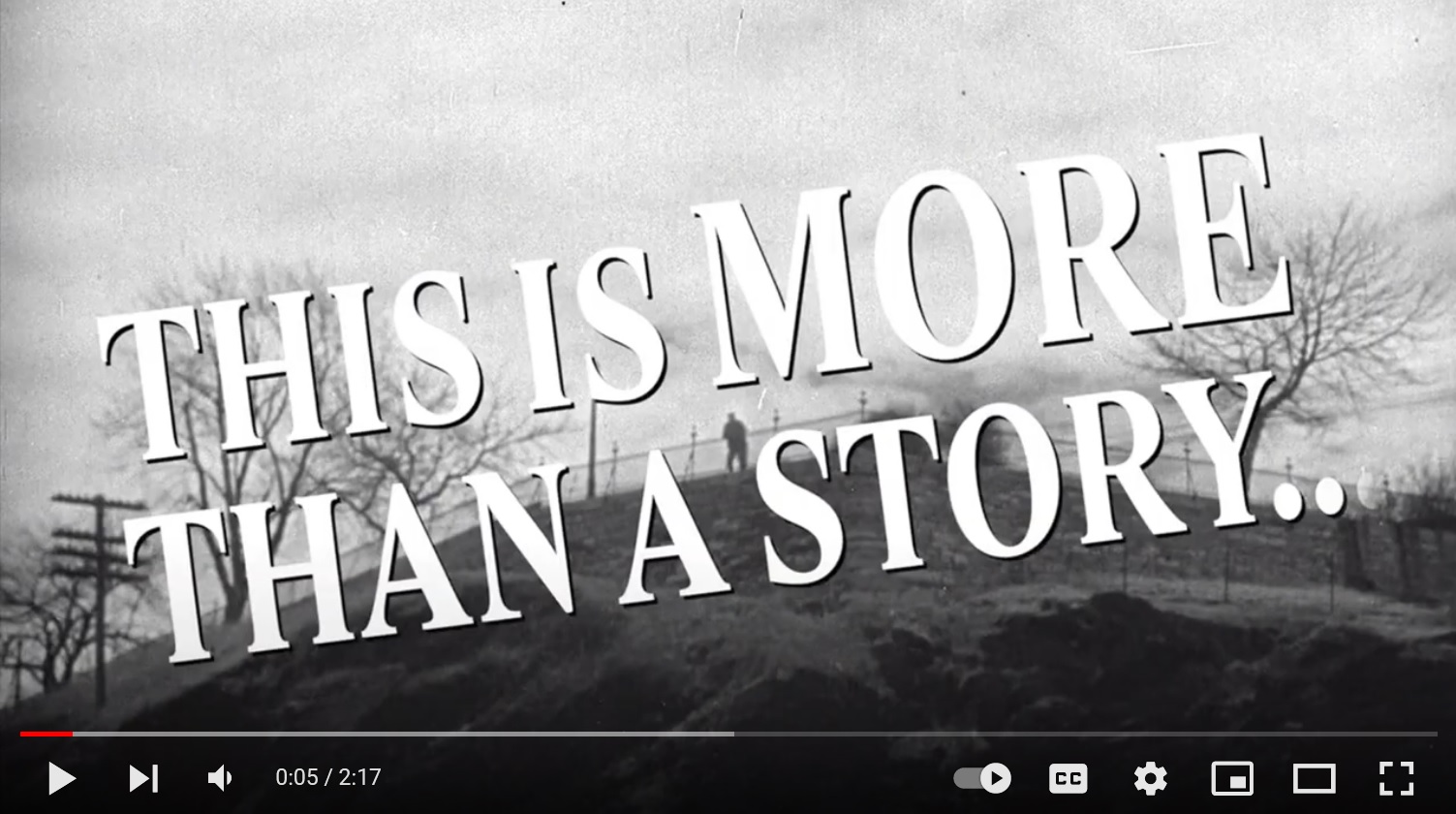 Just Thieves
Just Thieves
 She's about the inner kung fu. Ang Lee was right to direct Sense and Sensibility. In Austen's world, extreme violence can break out at any moment.
She's about the inner kung fu. Ang Lee was right to direct Sense and Sensibility. In Austen's world, extreme violence can break out at any moment.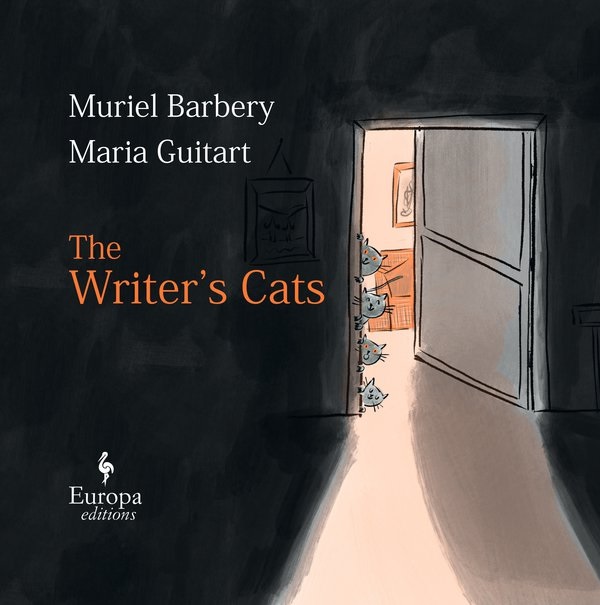 In 2008, French author Muriel Barbery burst onto the literary scene with The Elegance of the Hedgehog, a lyrical, richly imagined novel about a Parisian apartment building concierge and a precocious 12-year-old tenant. Both lead lives of quiet desperation. In the years since, Barbery has continued to deliver stories (A Strange Country) featuring her distinctive blend of gentle satire and magical realism, and continues to win global readership.
In 2008, French author Muriel Barbery burst onto the literary scene with The Elegance of the Hedgehog, a lyrical, richly imagined novel about a Parisian apartment building concierge and a precocious 12-year-old tenant. Both lead lives of quiet desperation. In the years since, Barbery has continued to deliver stories (A Strange Country) featuring her distinctive blend of gentle satire and magical realism, and continues to win global readership.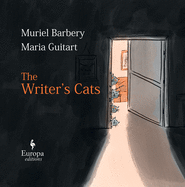
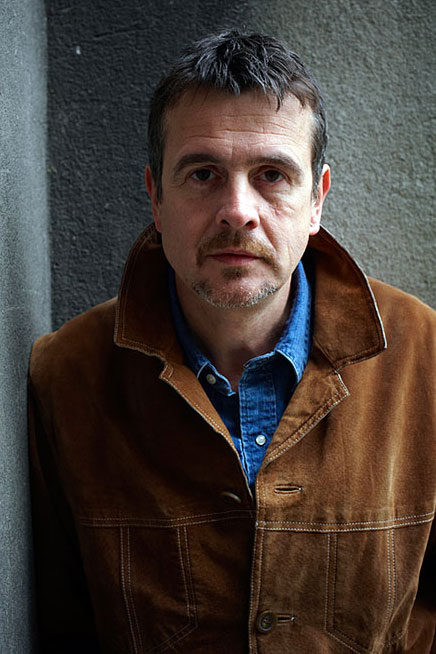
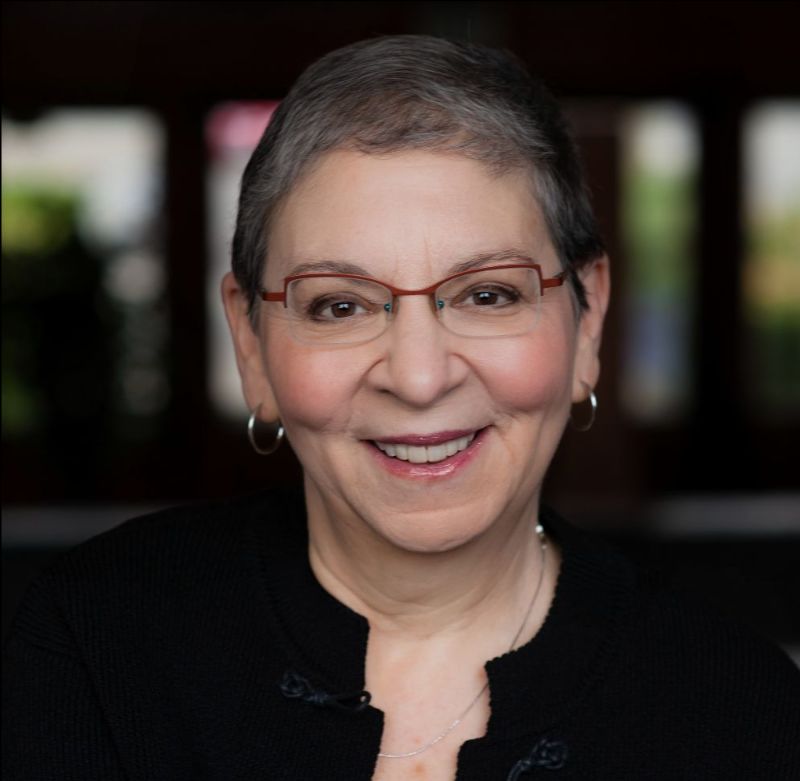
 Currently I can bail out at 29 pages, but it's still complicated. These are my options:
Currently I can bail out at 29 pages, but it's still complicated. These are my options: